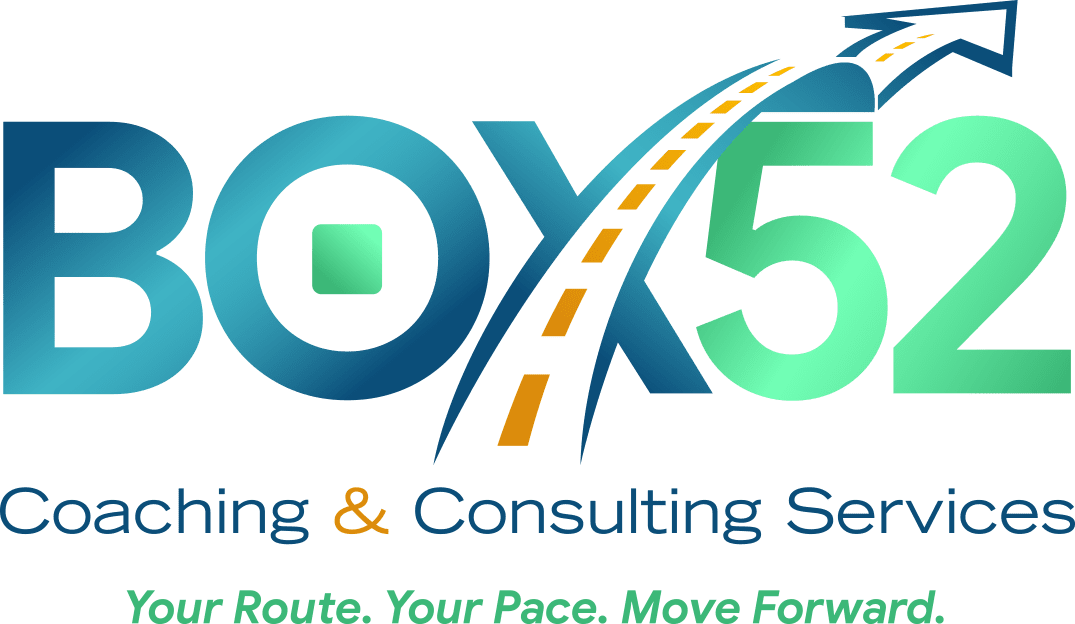“It is by logic that we prove,” said mathematician Henri Poincaré.
“It is by intuition that we discover.”
Intuition is to know something instinctively – without really thinking. And, whether with 1800s revolutionary scientists or today’s podcasts by boundary-breaking women, intuition continues to be a hot topic. The renewed interest of tuning into our body/mind and perceiving all of the information available to us is compelling and can be, at times, unsettling.
Researchers are finding new ways to study the complexities of the human ability to KNOW - without any awareness of conscious, logical thought occurring. They are also parsing out implicit bias and other detrimental aspects of acting without external “checks and balances” on our perceptions about people and places. As with any skill, over-reliance on intuition creates unreliability and imbalance, while completely ignoring it can cause avoidable challenges and potential harm. The combination of fast and slow thinking processes is necessary to operate effectively throughout each day.
In professional coaching relationships, intuition is a core skill. Coaches share their intuitive hits, and then see how the insight resonates with the client. This input disrupts the person’s on-going thought patterns and view of themselves. People may be inclined to look for information that confirms their existing bias and current beliefs. This mindset can be interrupted by the coach sharing an observation, without any ownership over the client’s response, bringing the individual to a new idea or perception. Most importantly, the coach is detached from their expressed sense, and a client can fully reject it without worry or guilt.
Discovery and greater awareness are at the epicenter of coaching, and can propel clients into purposeful action. Coaching can prime a person’s brain to recognize new options and take potential action where there was previously no perceived alternative. As described by Herbert Simon, intuition is really just recognition. In David G. Myers book Intuition: Its Powers and Perils, he states that “Sometimes we intuitively feel what we do not know we know.” This provides a starting place for coaches to reflect a client's emotions and energy shifts when meeting, and to bring awareness to consciously knowing. The implicit attitude below the surface is pulled up for consideration and contrasted with the explicit attitude being put forward by the client. Minimally, sharing an intuition creates an opportunity for a client to slow down long enough to assess more of the information that has been unconsciously processed, and identify what they really want.
Myers also highlights the human tendency to revise or “misremember” one's past. Ultimately, “by being mindful of the limits on our self-knowledge, we can restrain our gullibility and motivate ourselves to think critically, to check our own and others’ intuition against reality, and to replace illusion with understandings.” Seymour Epstein’s breakdown of “experiential knowing” and “rational knowing” demonstrates how both types of knowing live within us, and it is up to us to figure out how to manage each in a meaningful way, particularly when the situation is taken into consideration. And, as Malcolm Gladwell described it in Blink: The Power of Thinking without Thinking, “The best we can do, I think, is try to puzzle out the right mix of conscious and unconscious analysis on a case-by-case basis.”
All of these authors leave out one important factor – when does intuition begin? It seems one could argue that the vast “experiential knowing” comes from beyond each individual’s personal experience and from a collective universal experience. Young children and adolescents demonstrate intuition and express insightful wisdom, even with their limited personal accumulation of information. They are natural discoverers. Imagine if adults encourage children to hone the skill of knowing without thinking, with the same fervor of teaching them logic and analysis.
In the meantime, certified coaches are uniquely positioned to partner with individuals to align the implicit and explicit processes that control and explain one's behavior while creating greater congruence between the two.
